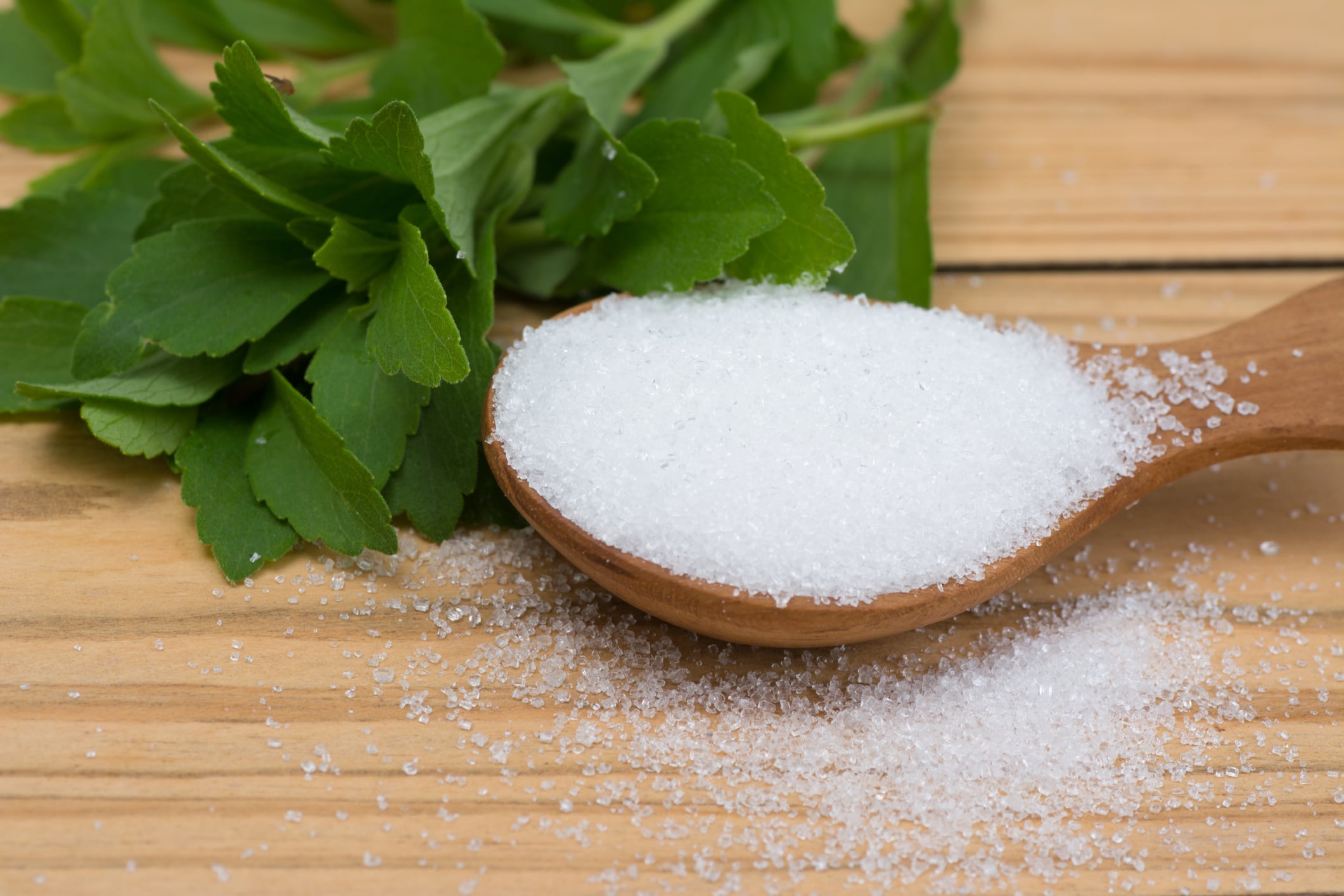The demand for high-intensity sweeteners that are produced by fermentation is predicted to surpass $3 billion by 2025. As a result, countries and brands are delving into new opportunities and formulations to progress the industry.
Commenting on how the sugar reduction and replacement segment contributes towards the nutrition market, Patrick Niels, President of DSM Food Specialties and Avansya Board Member, explained: “The need for effective solutions for advanced sugar reduction on a global scale has never been clearer or more urgent.”
As an industry, we can do more, and faster, to innovate and provide consumers around the world with reduced- and zero-calorie food and beverage products, with no compromise on taste, and so help support good health and wellbeing in our societies,” Niels went onto say.
Cargill and DSM open fermentation facility
In November 2019, Cargill and DSM revealed the opening of its new $50 million fermentation plant to launch the commercial-scale production of EverSweet, a non-artificial, zero-calorie stevia sweetener.
Cargill and DSM established its joint venture, Avansya, in 2018, with the aim of developing and promoting pleasant-to-taste nutritious items that are non-artificial and lower in caloric value.
In launching Avansya and its EverSweet brand, the duo commits to producing sweet molecules through the process of fermentation. Its aim is to give manufacturers more scalable, sustainable, low-cost and nutritious options than those that emanate from molecules taken from the Stevia leaf.
Brazil looks for healthier sugars
In the Brazilian sugar and sweeteners market, consumers are seeking healthier alternatives. The likes of the popular ingredient, honey, and naturally occurring alcohol, xylitol, are being used to appeal to premium shoppers, market intelligence provider, Euromonitor International stated.
Despite these opportunities, Euromonitor International also revealed how the category “sees little room for innovation”, as products such as organic sugar struggle to gain market share. Ultimately, “consumers perceive the product to have low differentiation potential”, the market intelligence provider, reveals.
Consumers desire better sweetener alternatives
In Mexico, sweeteners in varieties other than sugars are predicted to enjoy increased sales, as accessibility opens up, Euromonitor International added. While sugar is expected to remain the most in-demand sweetener, more consumers are willing to move over to what they consider as better alternatives. Consumers consider sweeteners that contain fewer calories or those consumed by people living with diabetes to be ‘better alternatives’.
Growing consumer concerns over eating habits prevail in Mexico, Euromonitor International explained: “There is a consensus that [sugar] consumption is damaging to human health and a contributor to multiple health problems and diseases.”
Government efforts in LATAM
Newly-introduced regulations on sugar are helping to increase affordability and reduce retail supply restrictions. Agreements have taken place between the Brazilian Health Regulatory Agency (ANVISA); the National Ministry of Health; and food and beverage associations in Brazil, including ABIA (the packaged food agency) and ABIMAP (the packaged baked goods, pasta and confectionery agency).
By entering into the agreement, the Brazilian sugar industry commits to lowering the amount of sugar in packaged food items, creating an average content.
The Mexican government also prioritizes the production and consumption of sugar when negotiating trade agreements. In recent arrangements with the US and Canada, for example, sugar trading was an early discussion point, Euromonitor International confirmed.



